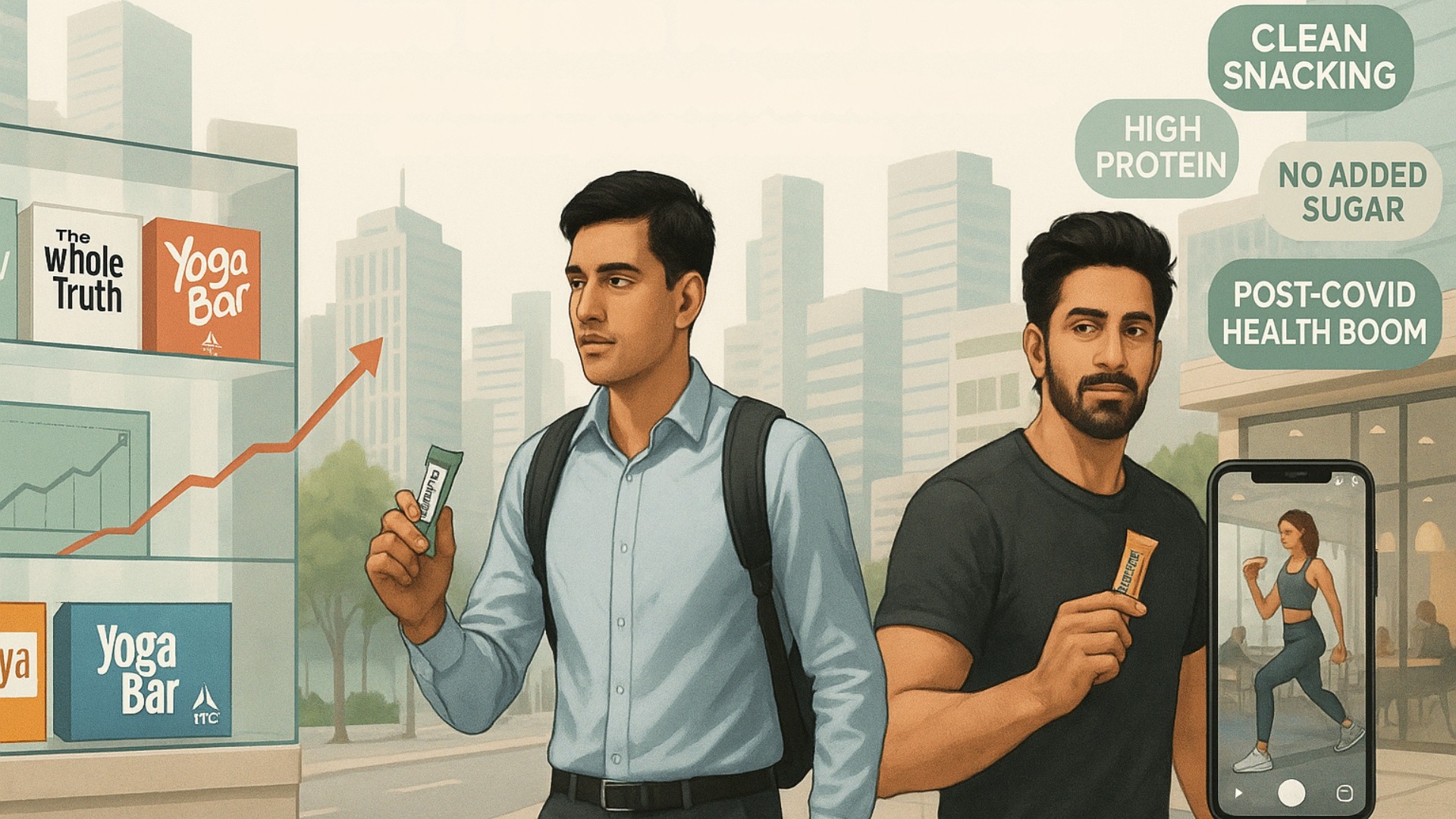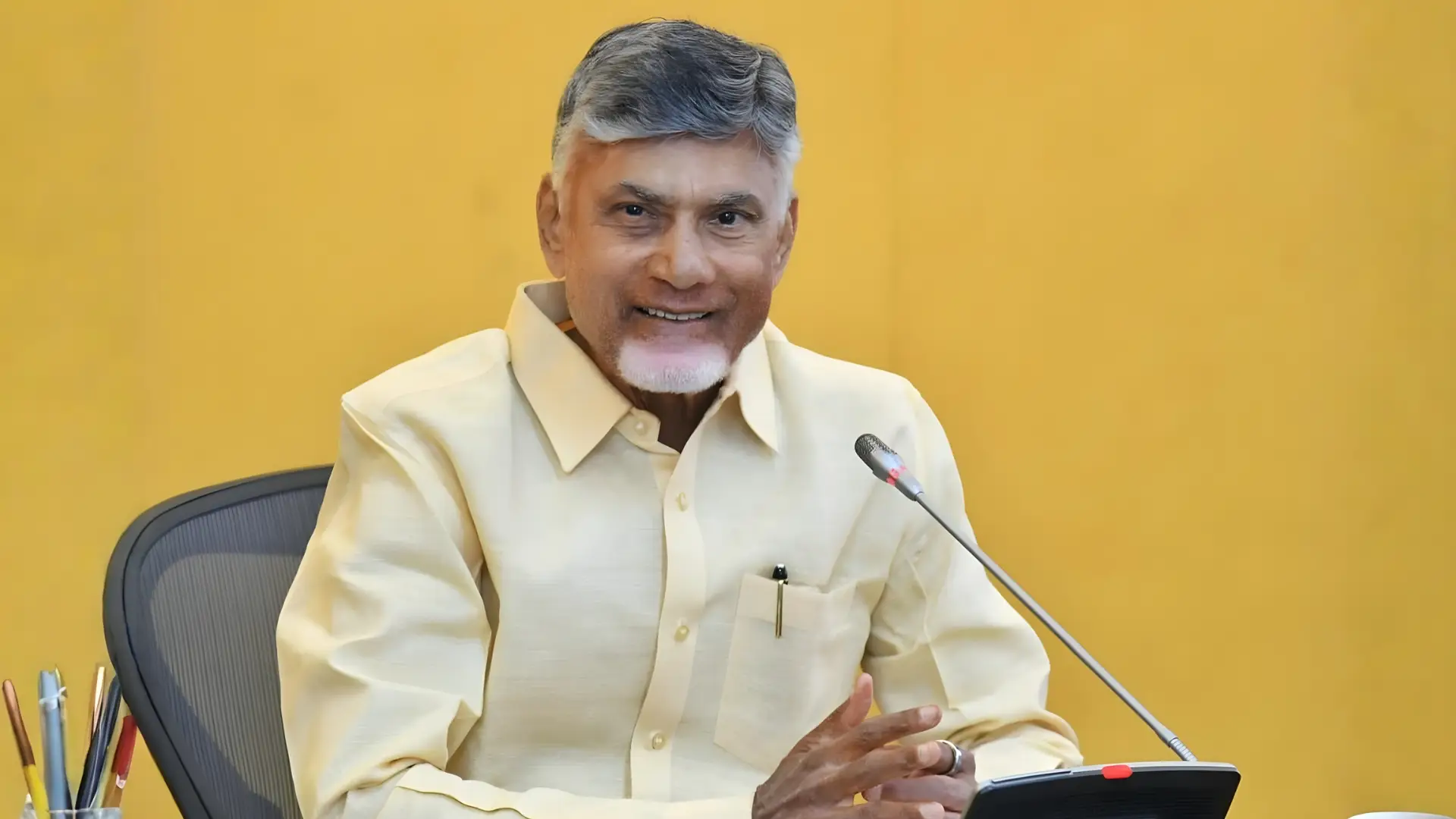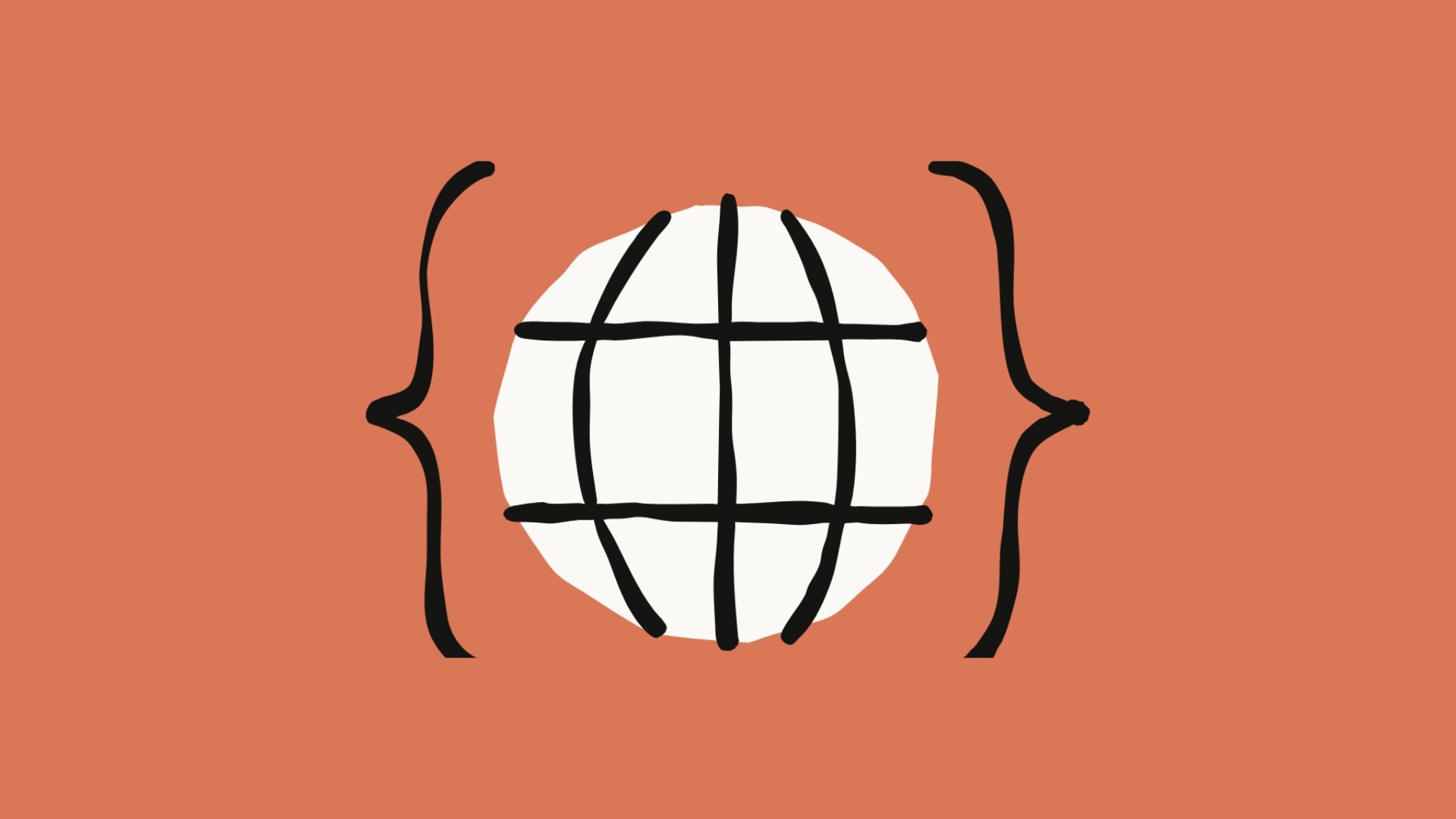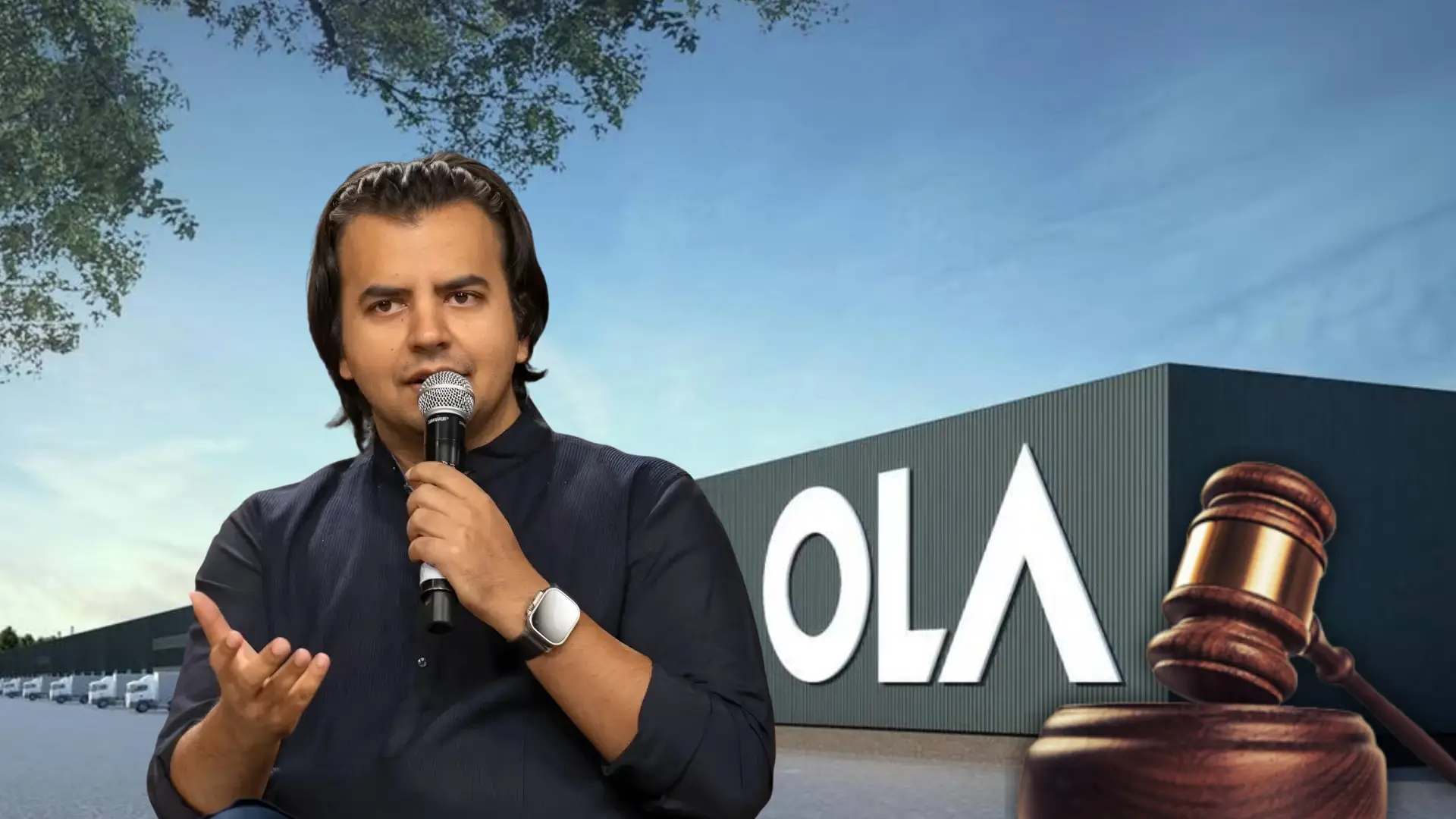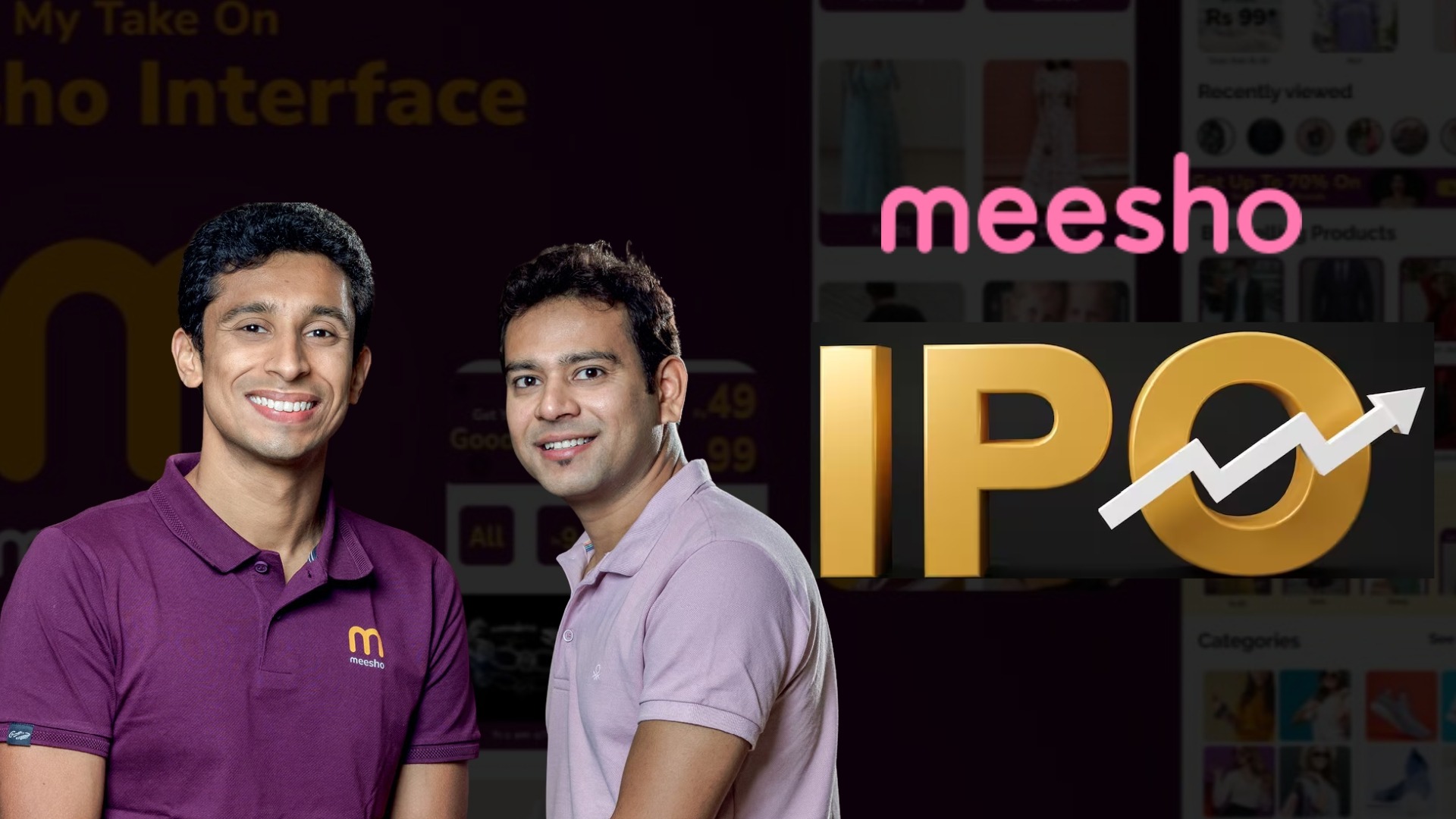Eating healthy is important for everyone, we all know that. Even though many of us don’t show enough interest in healthy eating. Why? This is because of several reasons, such as the way food is served, the higher costs, and simply the time it takes to cook nutritious meals.
If you’ve ever been to a gym or followed any fitness routine, you’ve probably heard of the term balanced diet, and you’re most likely aware of the importance of proteins, vitamins, and essential nutrients.
But amongst all, protein has become a major buzzword these days. For many people trying to eat healthier, protein intake is one of their top concerns. But with busy schedules, fast-paced lifestyles, and limited food options, meeting daily protein requirements becomes a real challenge.
This is where startups have found an opportunity by delivering protein in the easiest and most convenient way possible: protein bars. It started as a unique and very niche fitness snack and has today become a popular snack for millions of Indians and globally as well.
Many startups are already minting crores by selling protein bars.
While the global energy bar market is valued at a staggering $5.3 billion, India’s current market size of approximately INR 600 crore is still in its initial stage, which is a clear indication of the massive untapped potential that lies ahead.
To truly understand this growth opportunity, just look at the per capita consumption: In India, it’s less than 1 kg per person annually, whereas in the United States, it’s around 6.5 kg. That’s a difference of over 6x, despite India having a larger population.
These numbers are crucial to understanding not only the changing diet habits of people but also how under-penetrated the market is in India.
As urban lifestyles get busier and more Indians move toward on-the-go healthy lifestyles, the demand for protein-rich, functional snacks like energy and protein bars is expected to skyrocket, as we see in more mature markets like the US and Europe.
To understand this better, we need to look at the startups in this space and their growth. It paints the clear picture.
Take SuperYou, for example, a young startup that is betting on a different path by combining nutritional innovation with wider consumer accessibility. This company was just founded in 2024 and now the brand has set its target on achieving ₹500 crore in revenue within the next three to five years.
“Our goal has always been to reimagine snacking for the everyday consumer,” said Nikunj Biyani, co-founder of SuperYou, in an interview with BW Businessworld. He added that they are not chasing the limited gym-going audience but instead targeting the larger population seeking healthier snacks without compromising on taste, which is a clear reflection of how the market is evolving beyond just fitness circles.
Another brand that has succeeded is The Whole Truth, which has positioned itself as a transparent, no-junk-food company. It offers a wide range of products, from protein bars, peanut butter, and dark chocolates to energy bars, immunity balls, and muesli. The brand follows a direct-to-consumer (D2C) model and claims that 80–85% of its sales come through its website, with the remaining revenue generated through retail and partner platforms.
In terms of growth, The Whole Truth recorded an 81% year-on-year revenue jump, rising from ₹35.96 crore in FY23 to ₹65.3 crore in FY24, while also managing to cut losses by 33% in the same period, a clear indicator of improving financial health and brand scalability.
There is another famous brand called Yoga Bar. This company was sold to ITC for some hundred crores and this company even received offers from big companies such as Nestle.
So, it clearly shows how the brands are tapping and minting crores by just selling protein bars and healthy snacks.
This is because of various reasons.
One of the major reasons for this tremendous rise is because of the social media and influencer push.
Fitness influencers, dieticians, celebrities, and even lifestyle bloggers are talking about the importance of protein and clean snacking through reels, shorts, and YouTube content. This constant visibility drives curiosity and trial, especially among Gen Z and millennials.
Just to make it clear, even the brand SuperYou got that instant push because of the celebrity touch that it got with Ranveer Singh.
This led the brand to the levels that are not easy for a startup that just started months back.
Next comes post-COVID; there has been a noticeable increase in health awareness.
Consumers are becoming more educated about nutrition, reading labels, watching macros, and avoiding sugar, and are actively looking for functional foods that align with fitness, immunity, and general well-being.
So, health, taste, and easy conveyance of protein bars are actively driving the brands these days.
Because of this, even investors are showing interest in putting in. The best example is the acquisition of Yoga Bar by ITC and also the recent investment by Zerodha in SuperYou.
So, what can we as startup enthusiasts and founders learn from this?
It’s simple: You don’t always have to invent a new problem or product.
If there’s already a demand, even if a solution exists, you can win by delivering it in a better, easier, more delightful way.
That’s the formula.
India’s protein bar market is just getting started. And as the country becomes more health-conscious, the opportunities will only grow bigger.
Also Read: How Aequs Is Powering Global Aircraft from a Small Town in Karnataka
